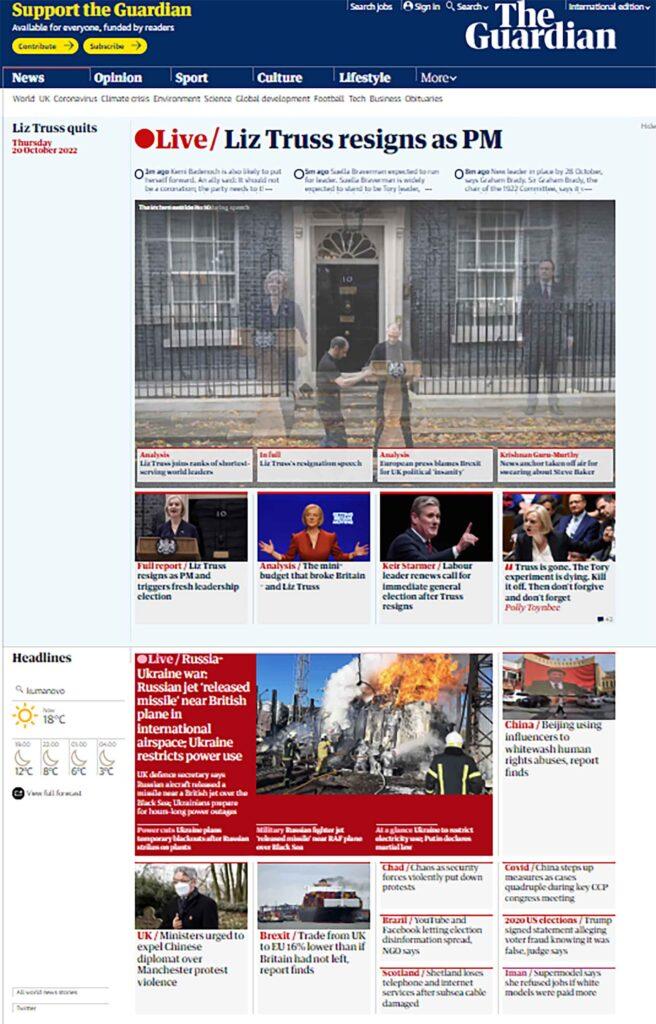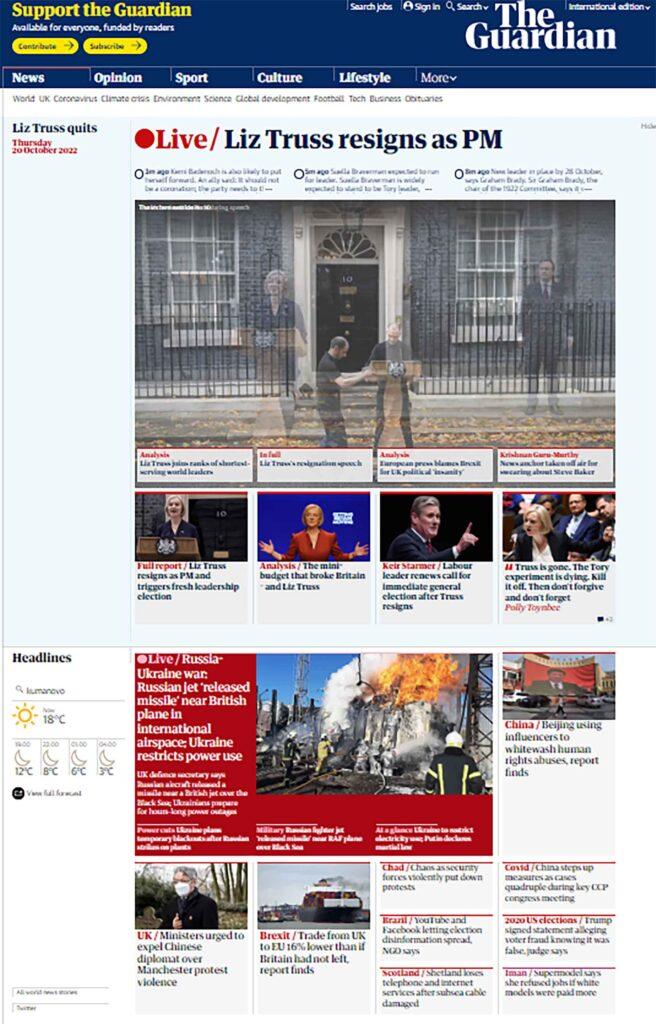The Guardian has been accused of having one standard for the people that share the same values, and a different standard for others who don’t.
The claim was made by journalist Michael Leidig who, in a three-part series on Medium, revealed how his agency had written a story about euthanasia which the Guardian was quick to brand fake news without bothering to give him the right to reply.
In the articles, he explained why the Guardian was wrong to criticise their original story about a tragic Dutch teenage girl who died after a long battle for the right to euthanasia.
Leidig, who at the time was in a legal battle with Buzzfeed over allegations that he ran a fake news factory, was never contacted to comment on either of the allegations the Guardian made, which were that his agency CEN’s story about euthanasia was incorrect and the claims that he ran a fake news factory.

He said that his complaint would have been front page news in the Guardian had it been about the Mail Online, but because it involved the Guardian, it did not even merit a reply from the Guardian press office to comment on his complaint. He said that this double standard breached several points in the Guardian’s code of conduct, and made it clear why they should instantly ditch the idea of mediating their own disputes, and join up to the official press complaints body IPSO.
He said rejecting complaints like his out of hand meant the paper had no opportunity to grow beyond the echo chamber that it currently exists in.
He added that the proof was in the fact that even when he provided the Guardian with forensic evidence that their media reporter, who previously worked for Buzzfeed, had failed to contact him with a right toreply, they had still taken no action.
He said even when he decided to write a blog about the failing to record it for the future, and asked the Guardian press office for a comment. they had ignored the request, which he said showed how little value they gave to the principles they claimed to support.
